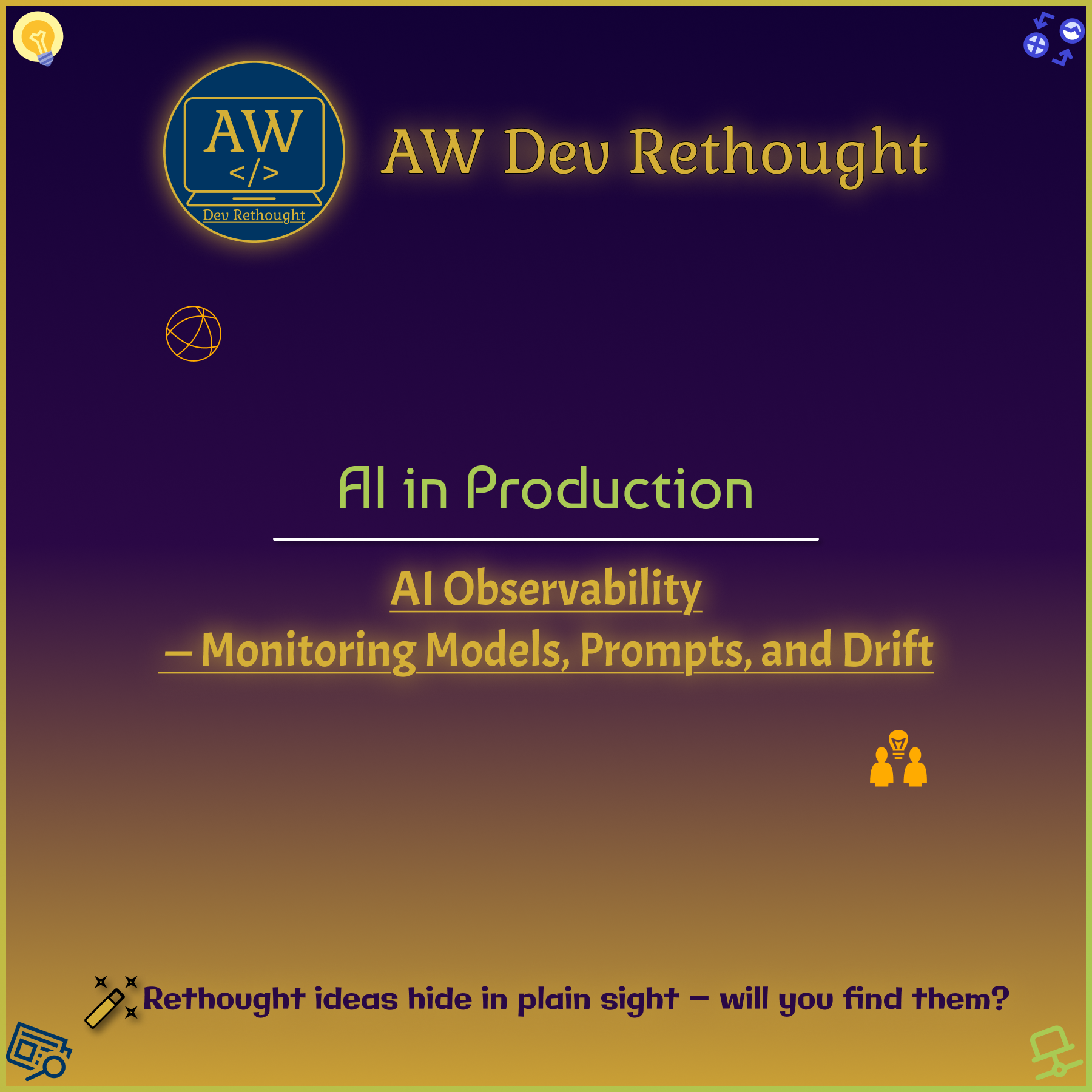Ethics in AI: Bias, Privacy, and the Future of Work
Introduction
Artificial Intelligence is shaping industries, societies, and even our daily decisions. But as AI becomes more embedded in products and services, it also raises serious ethical questions. Bias in algorithms, data privacy, and the future of human jobs are no longer abstract debates — they’re real challenges we face today.
The Problem of Bias in AI
AI systems learn from data, and if the data contains bias, the model will reflect and even amplify those biases.
- Example: Hiring algorithms that unfairly filter candidates based on gender or ethnicity.
- Cause: Skewed training data, unbalanced datasets, or assumptions baked into model design.
- Impact: Discrimination at scale, often invisible until harm is done.
How to Mitigate Bias:
- Use diverse datasets.
- Perform fairness audits during model training.
- Apply bias detection tools (e.g., IBM AI Fairness 360).
Data Privacy Concerns
AI thrives on data, but more data means greater risks to personal privacy.
- Example: Facial recognition systems tracking individuals without consent.
- Challenge: Balancing innovation with rights to privacy and consent.
Best Practices:
- Follow data minimization (collect only what’s necessary).
- Adopt differential privacy and federated learning to protect identities.
- Align with global regulations like GDPR and CCPA.
The Future of Work
AI is automating repetitive tasks but also raising fears of job displacement.
- Jobs at Risk: Data entry, basic analysis, routine customer service.
- Jobs Emerging: AI trainers, data ethicists, prompt engineers, and AI governance roles.
The Path Forward:
- Invest in reskilling and upskilling programs.
- Emphasize human + AI collaboration rather than replacement.
- Encourage companies to adopt responsible AI adoption policies.
Pro Tip
Ethics in AI isn’t just about compliance. Companies that embed fairness, transparency, and privacy into their AI systems earn trust — and trust is the most valuable currency in the digital age.
Takeaway
The promise of AI must be balanced with responsibility. By tackling bias, safeguarding privacy, and preparing for shifts in work, we can ensure AI serves humanity instead of harming it.
Ethical AI is not a choice — it’s a requirement for sustainable progress.





No comments yet. Be the first to comment!